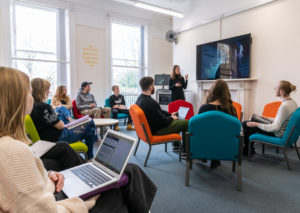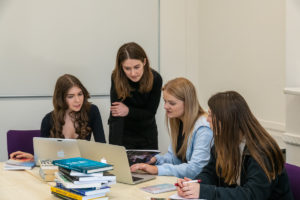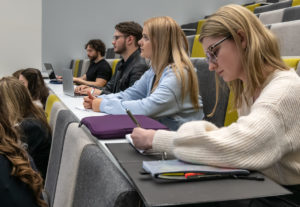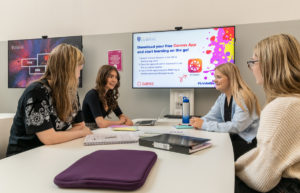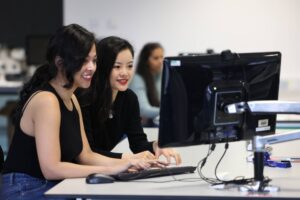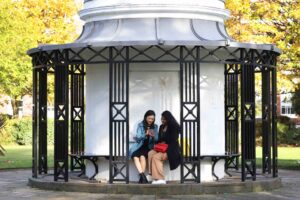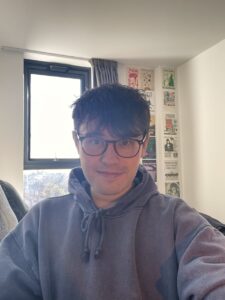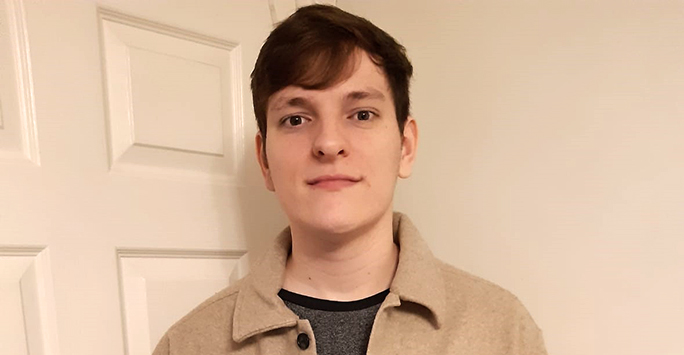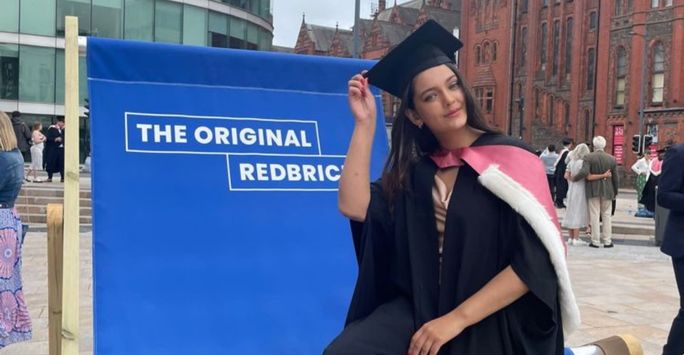How you'll learn
Weekly lectures and seminar discussions may be supplemented by screening sessions, presentations and opportunities for group work where appropriate. We regularly invite expert speakers and practitioners to speak to our students about their work. Some modules also make use of our specialist equipment or software.
Dissertation and work placement modules involve more independent study, but always under the careful individual supervision of a member of academic staff.
How you're assessed
We are committed to using a range of different forms of assessment, so types of assessment vary widely from module to module. Depending on your choice of modules, these may include coursework projects, essays, blogs, reports, literature reviews, writing exercises, presentations, online tests and unseen examinations.
Liverpool Hallmarks
We have a distinctive approach to education, the Liverpool Curriculum Framework, which focuses on research-connected teaching, active learning, and authentic assessment to ensure our students graduate as digitally fluent and confident global citizens.
The Liverpool Curriculum framework sets out our distinctive approach to education. Our teaching staff support our students to develop academic knowledge, skills, and understanding alongside our graduate attributes:
- Digital fluency
- Confidence
- Global citizenship
Our curriculum is characterised by the three Liverpool Hallmarks:
- Research-connected teaching
- Active learning
- Authentic assessment
All this is underpinned by our core value of inclusivity and commitment to providing a curriculum that is accessible to all students.

